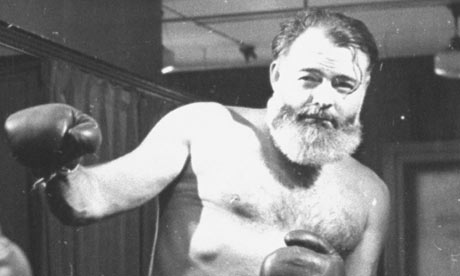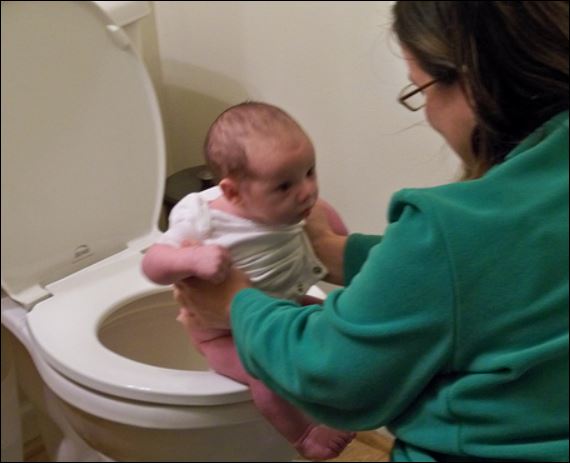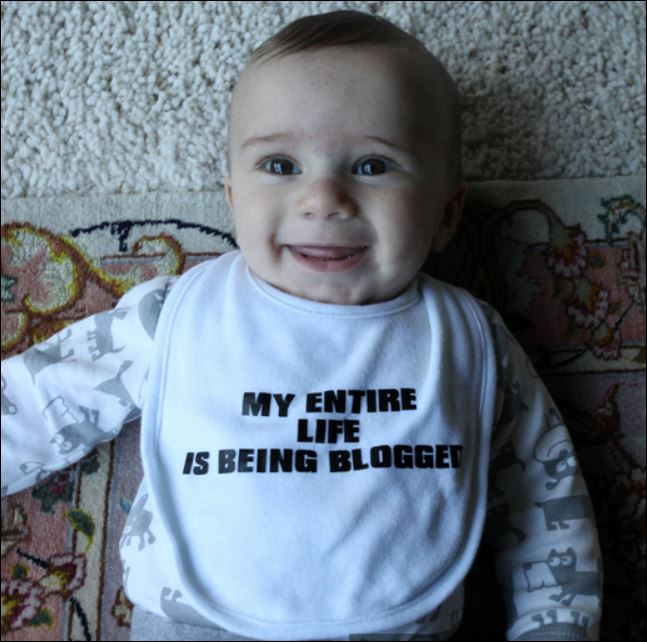Have patience with me today as I start off with a weird and seemingly random observation … but it leads to something very interesting, I promise!
Ernest Hemingway is one of my favorite authors and I have read several biographies about him including an excellent book, Hemingway, by Kenneth Lynn.
One of the fascinating observations Lynn makes is that Hemingway’s super-macho personality might have developed because of the existence a single childhood photograph.
Apparently Hemingway’s mother was strangely obsessed with the idea of having twin girls. So when Ernest was born, his mother began to dress him and his older sister in matching dresses as though they were twins. Even more critical, she posed them in different settings and had them photographed as though Ernest were a girl.
 The author contends that one surviving photo of Hemingway dressed this way haunted the man so badly that he spent his childhood, adolescence, and eventually his manhood overcompensating for his questionable sexual identity.
The author contends that one surviving photo of Hemingway dressed this way haunted the man so badly that he spent his childhood, adolescence, and eventually his manhood overcompensating for his questionable sexual identity.
This is a provocative theory but even more interesting is the thought that if that photo had never survived, the baby Hemingway would have formed no memories of these humiliating outfits. If he had never seen the photo from his infancy, would he have chased the demons that led to his emergence as a writer? Would his books exist?
Whether you believe in God, a creator, or science, there is undoubtedly some evolutionary or divine benefit for the fact we don’t form memories until (on average) 3 1/2 years old. At that age, the hippocampus, a portion of the brain used to store memories, has adequately matured to handle that task.
So for millenia, our species has had a blank slate engineered into our personality for the first years of life.
Until now.
 Today, it is not unusual for a child to have its own website and email address before it is born. Proud parents document every poop and meltdown to the point that there is a permanent digital content trail for their adult selves to discover and process.
Today, it is not unusual for a child to have its own website and email address before it is born. Proud parents document every poop and meltdown to the point that there is a permanent digital content trail for their adult selves to discover and process.
It will not be possible to re-frame and re-interpret hazy memories to make sense of who we are and who we want to become. The “millennials” will have the unvarnished facts and they will have them in high definition.
It is what it is. I’m not sure whether the detailed documentation of our lives is necessarily good or bad, but it will certainly lead to something profound.
I’m interested in thinking through the implications … how will our personalities evolve when nothing is forgotten? Do we need to know everything? Do we want to know everything?
Put your thinking cap on and let me know in the comment section what you believe the digital documentation of our lives will mean …
Top illustration courtesy of Flickr CC and Robert Scoble.
Hemingway photograph: Ernest Hemingway in 1944. Photograph: George Karger/Time Life Pictures
Bottom illustration courtesy of Flickr CC and Eurgirls.
Reference to Hemingway book is an affiliate link.



